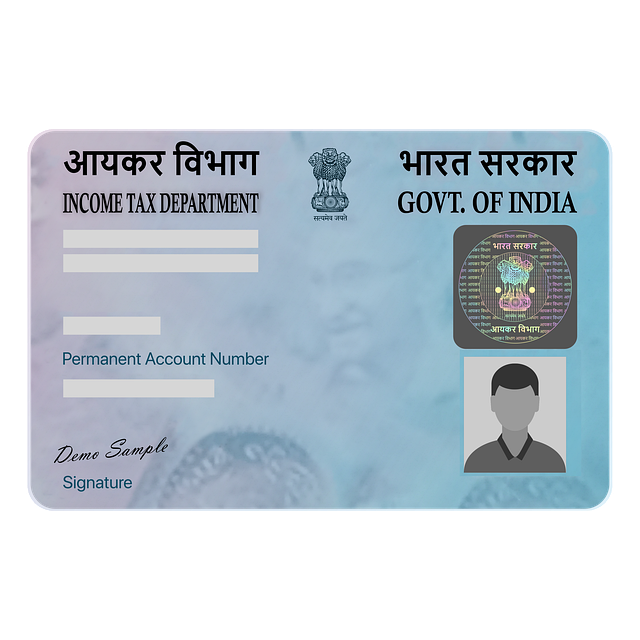Effective tax optimization stands as a cornerstone in the pursuit of robust financial health, particularly for entrepreneurs and small businesses. Mastery over this domain empowers individuals and enterprises to not only comply with tax regulations but also to strategically harness tax benefits for entrepreneurs, optimize cash flow, and secure long-term wealth preservation. This article delves into the art of year-end tax planning, maximizing tax deductions, and employing tax-deferred investments as part of a comprehensive retirement tax planning strategy. By navigating these financial landscapes with precision and foresight, businesses can enhance their profitability while individuals can safeguard their assets against unnecessary income tax liabilities. Through insightful exploration of key strategies, this article aims to guide readers towards prudent tax minimization techniques that will have a lasting positive impact on their financial well-being.
- Leveraging Tax Benefits for Entrepreneurs: Strategies for Year-End Tax Planning and Beyond
- – Explore the importance of year-end tax planning for small business owners.
- – Discuss how to maximize tax deductions through strategic financial decisions.
Leveraging Tax Benefits for Entrepreneurs: Strategies for Year-End Tax Planning and Beyond

Entrepreneurs have a unique opportunity to leverage tax benefits throughout the year and particularly at year-end to enhance their financial health. By meticulously planning and implementing tax-deferred investments, entrepreneurs can postpone tax liability, allowing for compounded growth of their wealth. For instance, contributing to retirement plans such as SEP IRAs or Solo 401(k)s not only ensures a secure financial future but also provides immediate tax advantages. Year-end tax planning is a critical strategy for entrepreneurs to maximize tax deductions and credits. This involves reviewing previous year’s tax filings, understanding changes in tax laws, and strategically timing income and expenses. Entrepreneurs should consider accelerating deductible expenses into the current tax year while deferring income where possible. Additionally, exploring tax minimization techniques such as charitable contributions or employee benefits can further reduce taxable income. Retirement tax planning is another area where foresight can reap significant rewards. By understanding the various retirement accounts available and their contribution limits, entrepreneurs can optimize their tax position now and in the future. Engaging with a tax professional to tailor these strategies to one’s unique business and financial situation is advisable, ensuring compliance while maximizing tax benefits for entrepreneurs.
– Explore the importance of year-end tax planning for small business owners.

For small business owners, year-end tax planning is a pivotal strategy to enhance financial health and maximize tax benefits for entrepreneurs. As the fiscal year winds down, it’s imperative to review the company’s financial activities to identify opportunities for tax deductions and credits. By carefully analyzing expenditures, investments, and income streams, these owners can strategically position their businesses to take full advantage of tax-deferred investments and other retirement tax planning tools. This proactive approach not only minimizes tax liabilities but also contributes to more accurate financial forecasting. It ensures that the business is prepared for upcoming fiscal responsibilities while leveraging the full spectrum of tax minimization techniques available within the tax code.
Moreover, engaging in year-end tax planning allows small businesses to capitalize on various deductions, which can significantly reduce their overall tax burden. This includes assessing inventory levels, evaluating the use of equipment and vehicles for business purposes, and ensuring all possible business-related expenses are accounted for. By doing so, entrepreneurs can effectively shift income and deductions between years to optimize their tax position. Additionally, this is a time to consider the implementation of tax-efficient investment strategies that align with the company’s long-term financial goals, ultimately paving the way for a more robust and resilient financial future.
– Discuss how to maximize tax deductions through strategic financial decisions.

Entrepreneurs can significantly enhance their financial well-being by leveraging tax benefits designed specifically for them. A strategic approach to year-end tax planning is pivotal in this regard. By meticulously reviewing business expenses and identifying those eligible for deduction, entrepreneurs can optimize their tax liabilities. This involves categorizing allowable deductions such as office supplies, equipment purchases, and employee benefits. Additionally, savvy financial decisions like investing in tax-deferred investment vehicles can provide immediate relief while deferring the tax burden until a later date when income may be lower. For instance, contributions to retirement accounts not only ensure future financial security but also offer substantial tax savings today. By adopting a proactive stance and employing maximizing tax deductions strategies throughout the year, entrepreneurs can position themselves for better financial health, ensuring their business operations are as tax-efficient as possible. Furthermore, understanding the nuances of retirement tax planning can lead to long-term tax minimization techniques that support both personal and business growth. Strategic tax planning is a continuous process that requires attention to both current laws and potential future changes, ensuring that entrepreneurs can navigate their financial landscape with confidence and foresight.
In conclusion, strategic year-end tax planning and the pursuit of tax-deferred investments are pivotal for entrepreneurs aiming to secure their financial well-being. By adopting tax benefits for entrepreneurs and embracing retirement tax planning, businesses can not only minimize tax exposure but also bolster profitability. The astute use of maximizing tax deductions throughout the year sets the stage for a more advantageous position when tax season arrives. With careful consideration and proactive engagement with tax minimization techniques, individuals and small business owners can navigate the complex tax landscape with confidence, ensuring their financial health remains robust and resilient.



